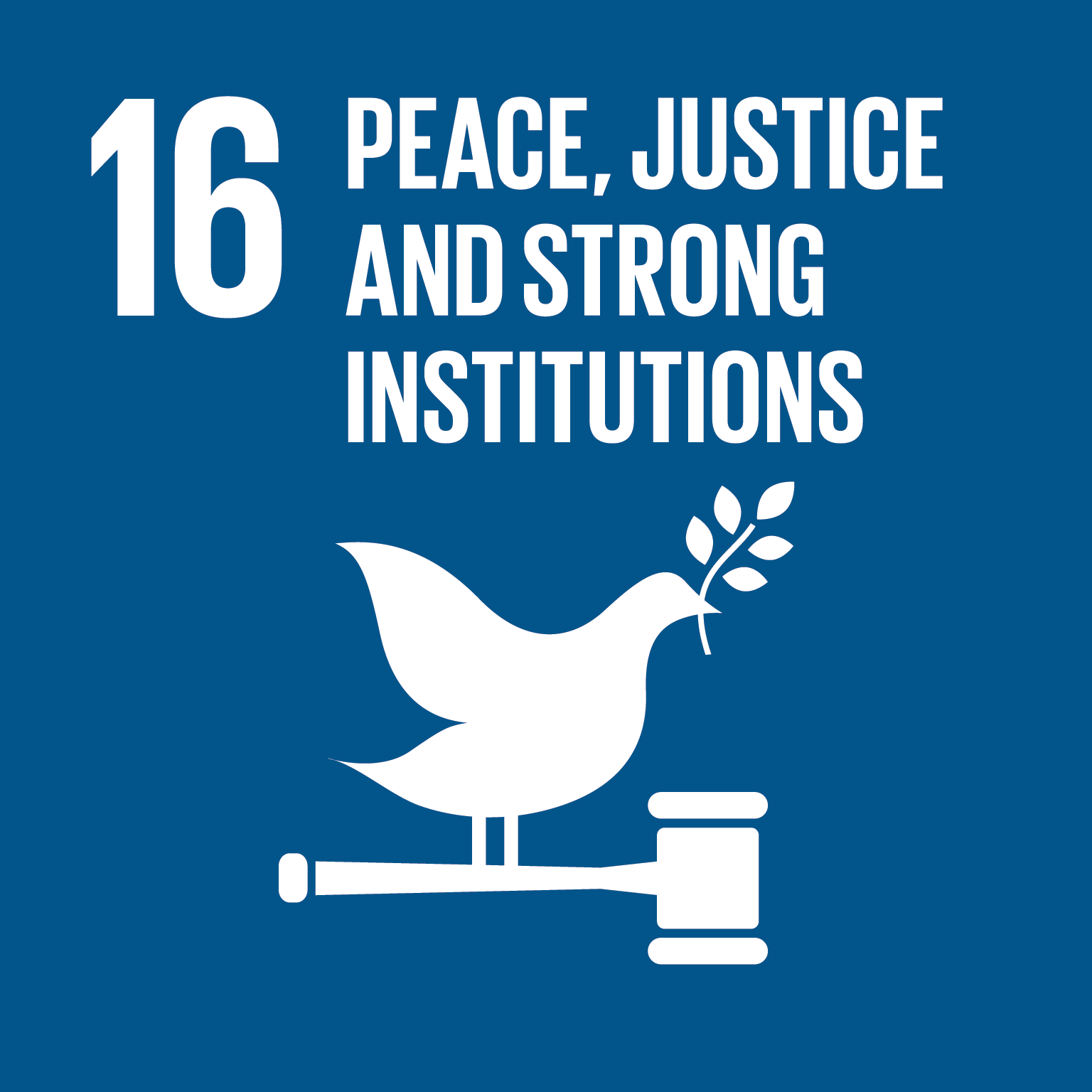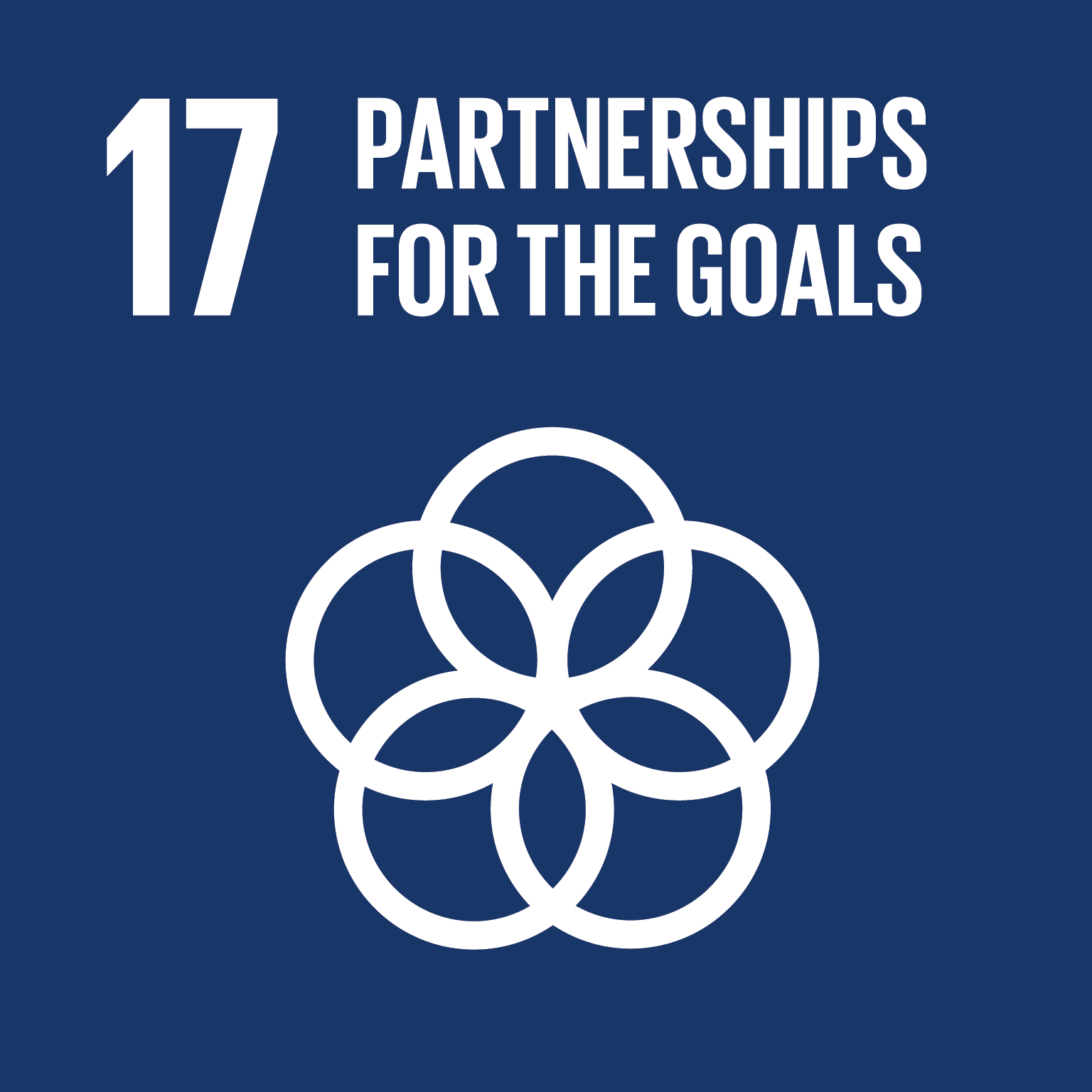This project aims to contribute to more realistic, effective international efforts to support conflict resolution in complex, heterogeneous security contexts.
It does this through a study of conflict resolution in Mali and Bougainville (PNG) drawing on insights from theories of hybridity and relationality.
These cases are different in many respects. In both, however, patterns of both conflict and order are heterogeneous and polycentric, characterised by complex interdependence among different logics of socio-political order and different security actors.State and diverse traditional authorities are leading, but not the only, actors. Both cases are on the UNSC agenda; one mired in conflict, the other considering independence.
This study of cases at contrasting but dynamic points in the conflict cycle aims to investigate complex heterogeneity as not only a context of chaos or violence but also a source of order and conflict resolution. It investigates the idea that the effort to support highly centralised models of conflict resolution or governance may be counter-productive in complex, heterogeneous states and explores the potential for alternative, practicable approaches.
Project timeline: 2019 - 2021
Key contributors: Charles T. Hunt
This project addresses the following Sustainable Development Goals and Targets:
Target 16.1: Significantly reduce all forms of violence and related death rates everywhere
Target 16.2: End abuse, exploitation, trafficking and all forms of violence against and torture of children
Target 16.3: Promote the rule of law at the national and international levels and ensure equal access to justice for all
Target 16.a: Strengthen relevant national institutions, including through international cooperation, for building capacity at all levels, in particular in developing countries, to prevent violence and combat terrorism and crime
Target 17.16: Enhance the Global Partnership for Sustainable Development, complemented by multi-stakeholder partnerships that mobilize and share knowledge, expertise, technology and financial resources, to support the achievement of the Sustainable Development Goals in all countries, in particular developing countries

Get in touch
For more information or to discuss partnership and collaboration opportunities, email us at SDGs@rmit.edu.au.
For more information about RMIT’s sustainability commitments and activities visit www.rmit.edu.au/sustainability




